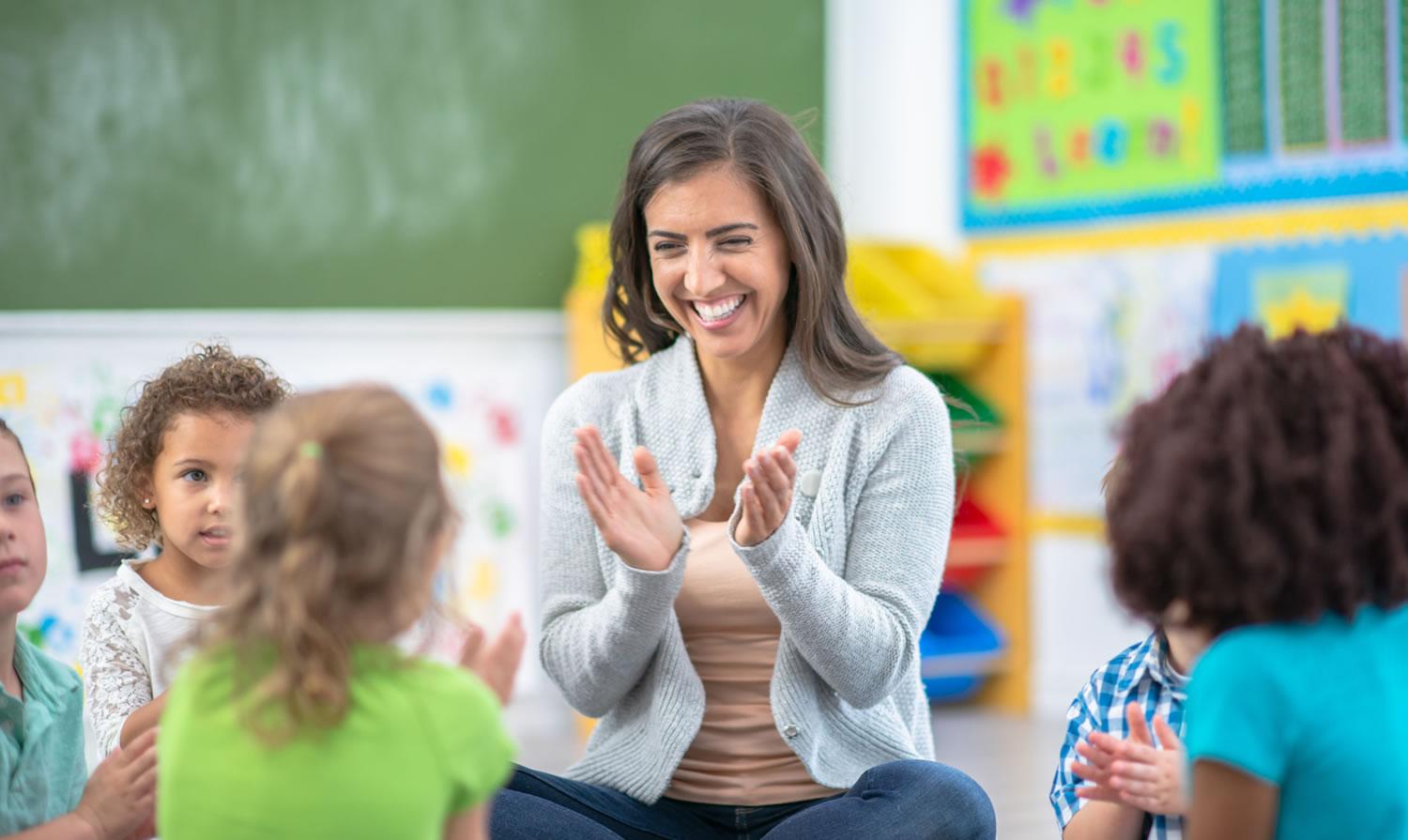Imagine this scenario: your child has just tidied up their toys without being asked, and you are overjoyed as you flash them a bright smile and say, "Well done!" Positive reinforcement is defined as simply acknowledging and rewarding their behavior. Positive reinforcement is the process of encouraging recurring behaviors through praise, rewards, and attention, an important aspect of early childhood education that promotes a healthy learning environment in nursery and preschool settings. In case you are looking for the best private schools in nj – choose Ability School.
Importance: Positive Reinforcement's Effects on Behavior and Learning
A child is like a sponge, absorbing everything around them. When adolescents receive positive reinforcement for specific behaviors or acts, it not only makes them feel good, but it also reinforces in their brain the notion that they are capable and desirable.
Positive reinforcement helps youngsters grasp what is expected of them. In other words, toddlers learn that if they share their toys, say "please" and "thank you," or eat all of their vegetables, they will be complimented or embraced, which will encourage them to continue doing those things.
However, it is not only about behaviour. Positive reinforcement can help your youngster learn more effectively. The child works hard, solves a puzzle, and even produces a creative mess during art time; listen to him and encourage efforts rather than outcomes. It's all part of the early childhood education curriculum, which is intended to help young learners thrive.
Practical Examples: Positive Reinforcement Techniques for Everyday Situations
Positive reinforcement in routines requires no huge actions; typically, tiny, continual deeds are the most beneficial. Some practical examples are as follows:
- Verbal Praise: Simple remarks like "good job!" or "I'm so proud of you!" might help your child feel valued. The trick is to be specific: "You did a great job putting your shoes on all by yourself!" so they understand what behavior they are being complimented for.
- Physical contact: A hug, a high-five, or a gentle pat on the back can be effective reinforcers. Physical affection communicates to your child that you are proud of them and strengthens your relationship with them.
- Small rewards, such as stickers, an additional tale before bedtime, or even a favorite food, appear to be successful, particularly with younger children.
- Attention and Engagement: Probably the best reinforcement is to give your youngster your undivided attention. If he is behaving nicely or working hard at something, put down the phone and make eye contact with him to express your attention.
Balance Discipline and Encouragement: Tips for Effective Parenting
Positive reinforcement is effective, but it must be balanced with discipline. Here are a few suggestions for finding that balance:
- Consistency is key: Children thrive on routine, so be constant in your praise and discipline. According to early childhood and education principles, children should understand what to expect in terms of incentives and consequences.
- Praise for Clear Expectations: Your child should have clear expectations for the behavior he or she must exhibit. This allows kids to grasp exactly what will earn them praise.
- Effort Rather Than Performance: More than anything, your child should be applauded for attempting rather than just the outcome. This will help your youngster persevere even when things are rough.
- Avoid Over-Praising: While it is important to recognize positive behavior, try not to praise excessively for little accomplishments. This can reduce the significance of your compliments.
Using Positive Thinking to Encourage Desired Behaviors
Positive reinforcement is more than just a parenting method; it enables your child to grow in confidence, explore the world with passion, and face problems with fortitude. Positive reinforcement in early childhood education promotes a well-rounded, positive view for children, both socially and academically.
Best Preschool in Englewood NJ
At Ability School, a strong emphasis is placed on teaching pupils the core knowledge and skills that will enable them to excel later in life. Their students have a solid foundation in reading, writing, arithmetic, spelling, and handwriting, which allows them to comprehend these subjects at a fundamental level. This makes Ability School the best preschool in englewood.
This school implements a highly effective reading program developed by Heron Books and The Delphian School in Oregon.

Join our community to interact with posts!